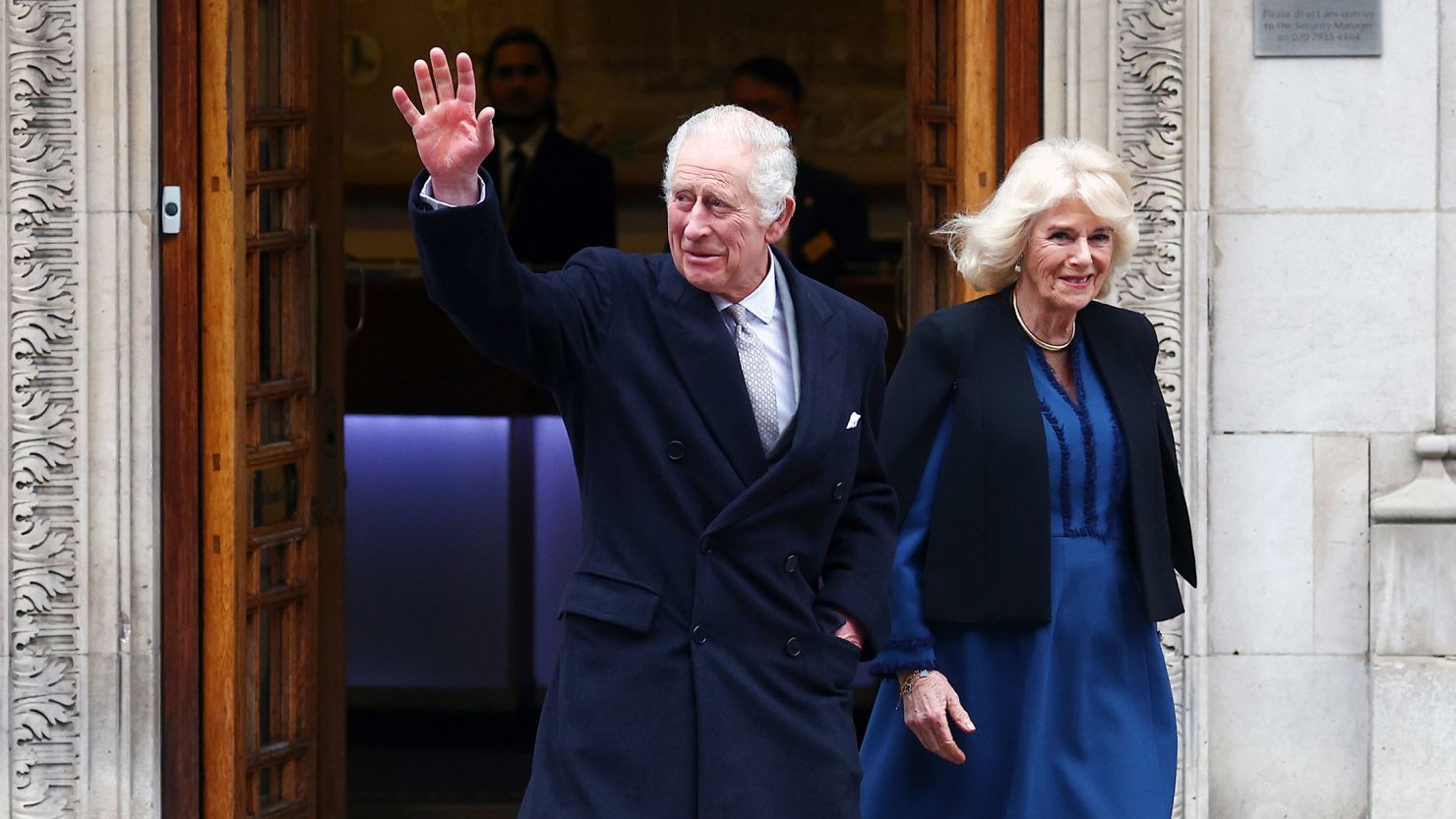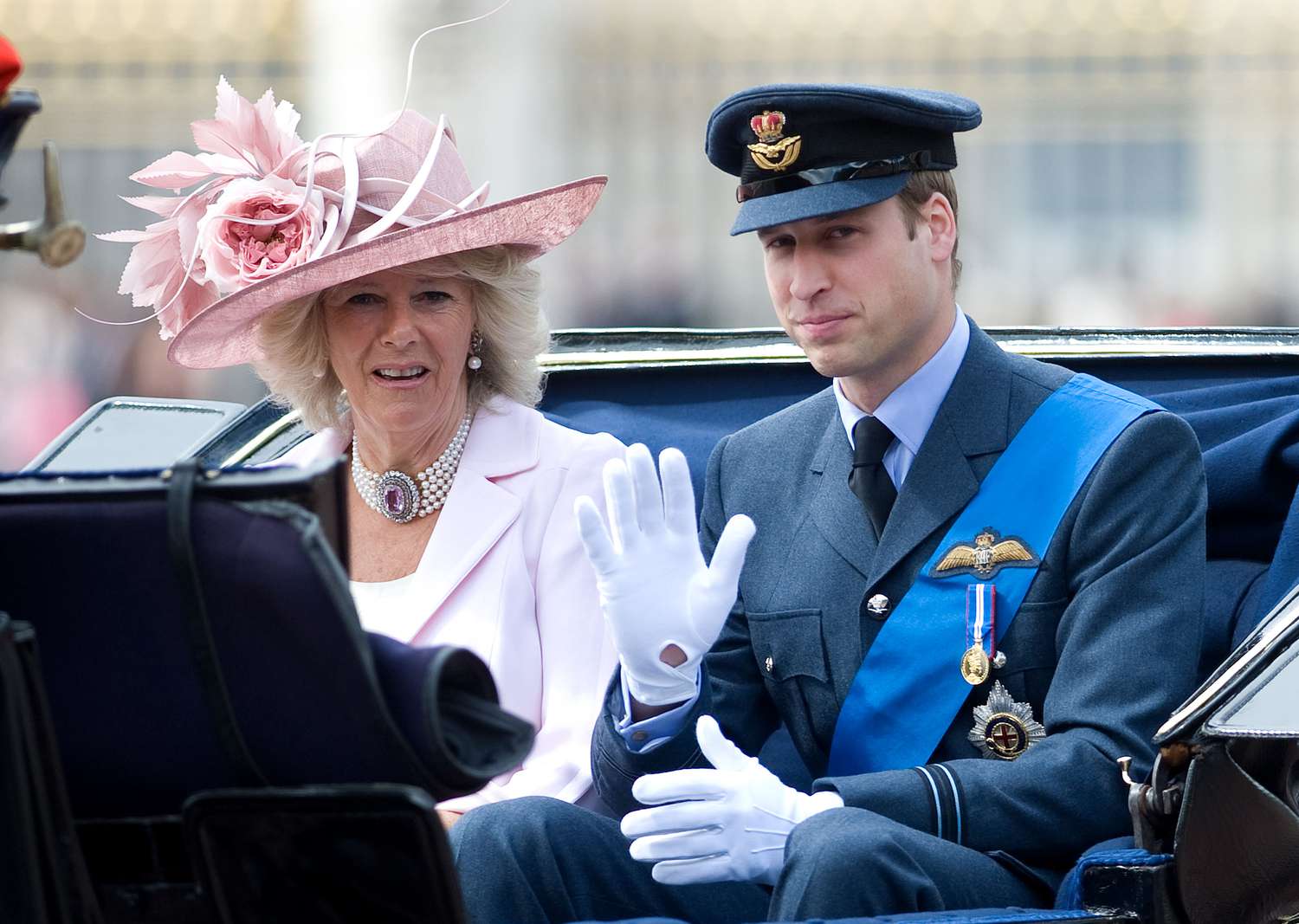Many questions were raised after King Charles III was diagnosed with cancer. One of them was who would replace him if he were to temporarily stop appearing in public?

News of King Charles III of England suffering from cancer has been circulating for the past few days. King Charles was diagnosed with cancer just nine months after his coronation, and this was certainly a surprising piece of news.
News reports suggest that King Charles' health is improving, but he will have to postpone outdoor physical activities as well as upcoming social engagements and trips.
Although public events will be suspended, King Charles will continue in his constitutional role as head of state, including doing paperwork and attending private meetings.
This means his weekly meetings with Chancellor Rishi Sunak will continue and will be in person, unless advised by a doctor.
The British Constitution provides that when the head of state is unable to perform official duties, a state adviser can be appointed to replace him.
King Charles's public engagements may be cancelled, postponed or taken over by other members of the royal family.
This was not an uncommon event. In February 1974, while Queen Elizabeth was on a tour of New Zealand, she instructed her two state counselors, the Queen Mother and Princess Margaret, to declare a state of emergency, dissolve parliament, and call a general election in 1974.
The Act stipulates that there must be five State Counsellors, including the monarch's spouse and the next four people in line to the crown, provided they are 21 years old, or 18 if they are heir to the throne. This means that, under the original Act, the available State Counsellors would have been Queen Camilla, Prince William, Princess Beatrice, Prince Harry and Prince Andrew.

King Charles foresaw the problem coming in 2022, shortly after his accession to the throne. He asked parliament to change the act so that he could expand the pool of qualified advisers to allow him to choose only from the ranks of working royals (not including Princess Beatrice, Prince Harry or Prince Andrew).
So the list now also includes King Charles' other siblings, including Princess Anne and Prince Edward.
Advisers often act together on behalf of the monarch. In March 2022, King Charles, then Prince of Wales, and Prince William opened parliament as advisers on behalf of Queen Elizabeth when she was unwell.
The next mechanism that is applied is the appointment of a regent. A regency is applied if a king succeeds to the throne before the age of 18, or if a king becomes permanently incapacitated due to mental or physical impairment.
The regent acts on behalf of the king, assuming most of the king's royal functions, with a few exceptions.
The heir to the throne is automatically appointed regent, unless they are under 18. In that case, the regent is the next in line to the throne who is 21. That would be Prince William. If Prince William were also incapacitated, the role would fall to Prince Harry.
Today, the Regency Act emphasizes that the heir to the throne will by default be called upon to act as regent, unless disqualified because of age, residence, or religion.

When a king is deemed incapacitated and a regent is installed, at least three of the five individuals on the Council of State Counsellors must write that they agree that the king or queen is unable to perform royal functions.
If King Charles were to abdicate for health reasons, as Queen Margrethe II of Denmark did, Prince William would ascend the throne according to the rules of royal succession. Second in line would be William's eldest son, Prince George. Third in line would be William's daughter, Princess Charlotte. Fourth in line would be Prince Louis.
However, if Prince William also becomes incapacitated or unable to succeed his father, Prince Harry would become regent until Prince George comes of age, provided that Prince Harry resides in the UK. If he continues to live in California, Prince Harry would be disqualified.